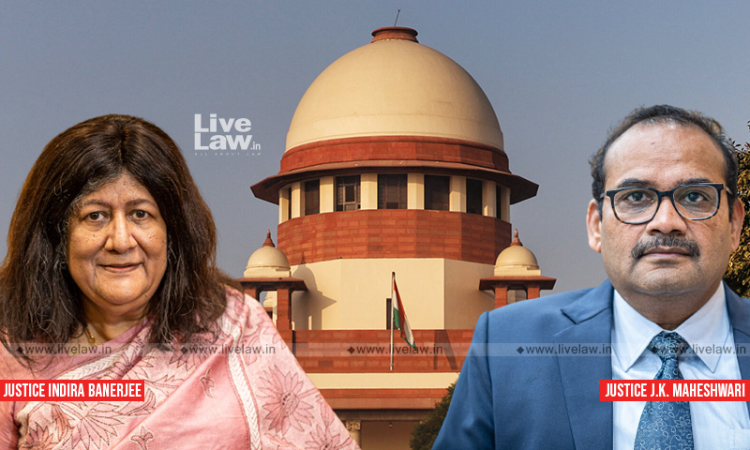Trial/Appellate Court Has Full Discretion To Order Sentences To Run Concurrently: Supreme Court
Ashok KM
5 July 2022 5:14 PM IST

Next Story
5 July 2022 5:14 PM IST
The Supreme Court observed that Trial court and Appellate Court has full discretion to order sentences for two or more offences at one trial to run concurrently.In this case, the Trial Court convicted the accused for the charges under Sections 409, 420, 409 read with Section 120B and 420 read with Section 1 120B of the Indian Penal Code and sentenced them to undergo...
